Honestly, if I were one of Kenya’s Members of Parliament (MPs) yesterday, I would have voted NO in the Deputy President Rigathi Gachagua impeachment process, which was underway at the National Assembly.
For if I voted YES, it would have been against my conscience, our God-given gift to aid us in our decision-making and in our response to sin. But everyone, including the MPs, has the right to act according to their moral conscience, based on objective moral norms and other codes of ethical behaviour, founded on the conviction that some actions are inherently good and should be encouraged, while others are intrinsically evil. This is with the understanding that a person’s conscience can be conquered by evil desires and influences.
However, even though a person’s conscience can lead them down the right path and allow them to live a comfortable, peaceful, and prosperous life, as Apostle Paul argues, the habit of prudence or right judgment does not create the goodness or evil of an action. Therefore, the 282 MPs who voted in support of DP Gachagua’s impeachment could still be right.
> Rigathi Gachagua Impeachment Motion: Updates
If you followed the proceedings in Parliament, Kibwezi West MP Mwengi Mutuse, who filed the impeachment motion against the Deputy President, gave a lengthy brief laying out his key evidence along with an argument for why the DP should be impeached. That seemed more genuine than the voting. But we are not here to discuss that today – because if the issue was DP Gachagua criticising the National Intelligence Service (NIS), President William Ruto did the same when he was in that office. And if it’s about corruption allegations, without mentioning anyone, everyone is corrupt if given the chance. Just think about it.
We are here to examine the influence of the President on the matter. Constitutional lawyer Prof PLO Lumumba claims President William Ruto is the unseen hand behind his deputy Rigathi Gachagua’s ongoing impeachment process, saying his “silence is consent,” as stated in an interview with Jeff Koinange on Citizen TV.
“For the first time, I saw Parliamentarians in their numbers animated. I have never seen them that animated in order to produce the long knives that they had been sharpening,” said Prof Lumumba. “The President’s silence has been deafening indeed. I think silence betokens consent. The silence is silence most eloquent. Those who work and are guided by me do what has been commanded quietly, and the enthusiasm of the MPs is enthusiasm without precedent.”
But I say that the President is not silent. Why, then? Benson Makali Mulu, the Member of Parliament for Kitui Central Constituency, revealed it yesterday.
Almost all of his submissions received a point of order from his fellow MPs, except one: “How many of us this morning have been called by the President? How many of us this morning have been called by the Deputy President, pleading with us to either support or oppose?”
Here is the video:
From it, we can deduce that President William Ruto is not silent but busy behind the scenes, ensuring there are well-structured plans to get the DP out of office.
On Wednesday, though, the Senate appeared as if it would save him. Things will not be the same again.
> Who Are Rigathi Gachagua’s Impeachment Defense Lawyers?

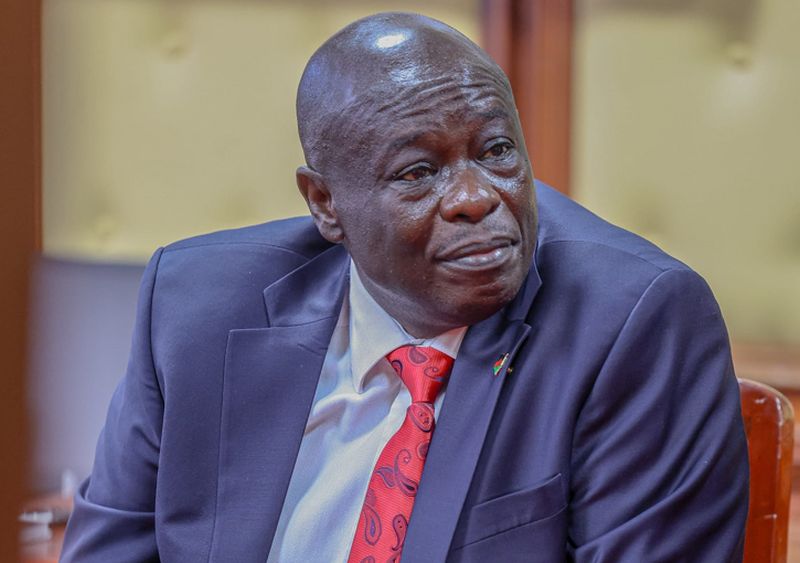
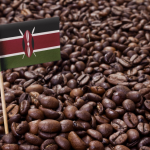



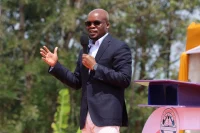


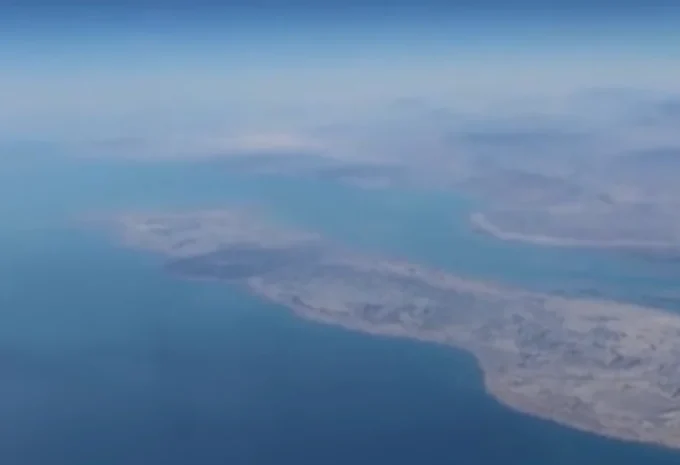

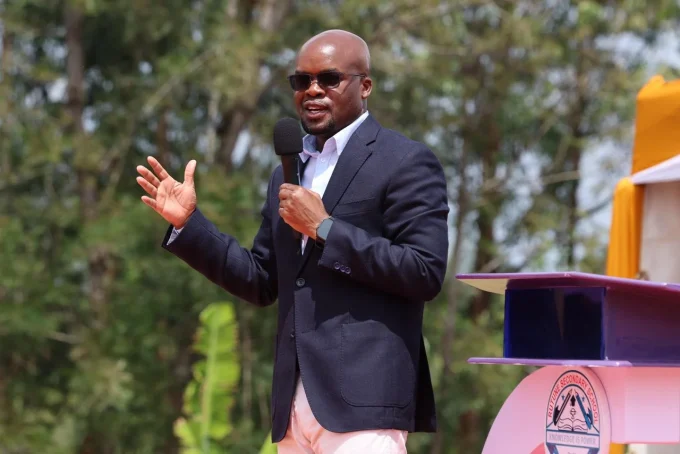
Leave a comment